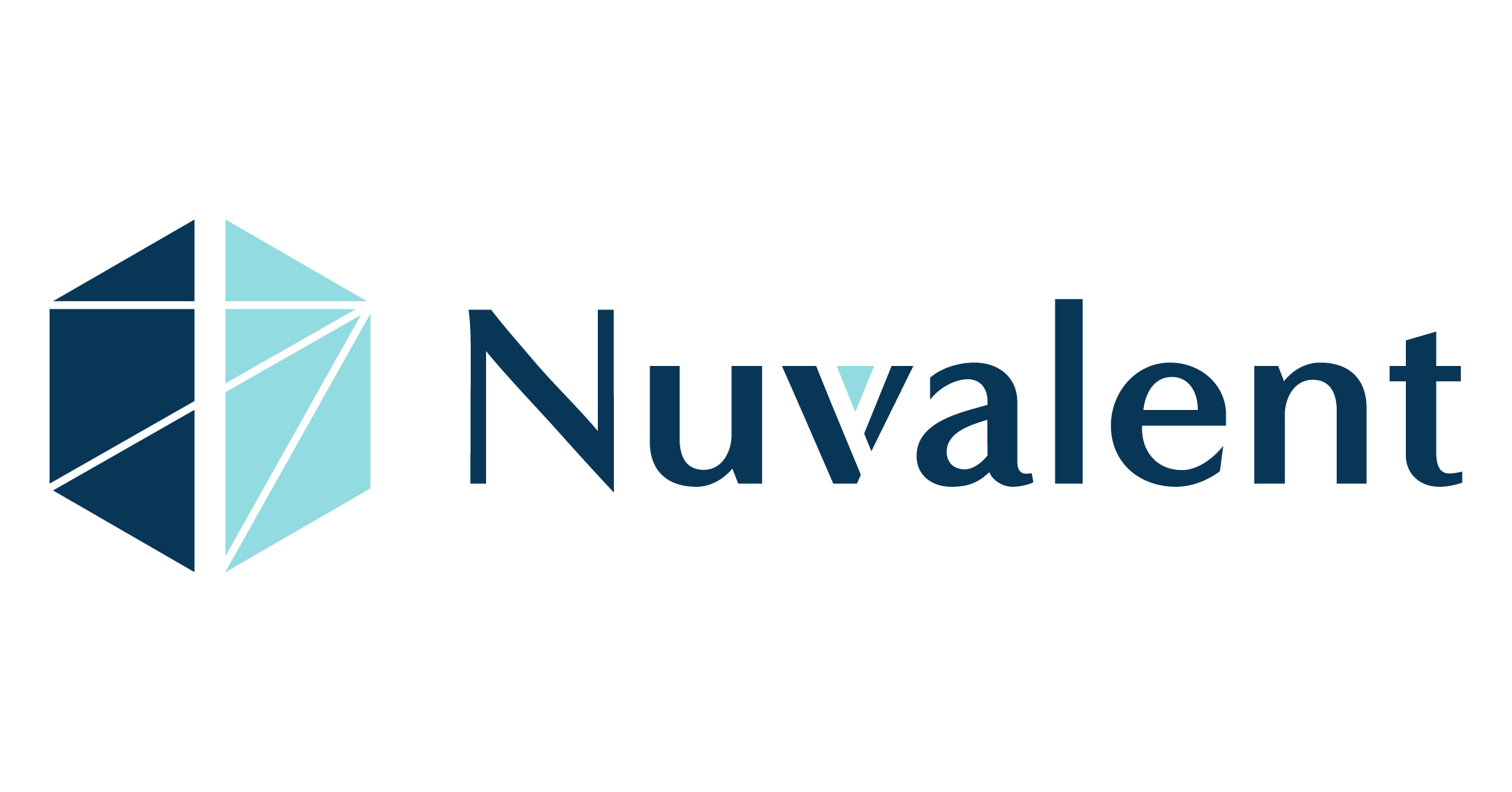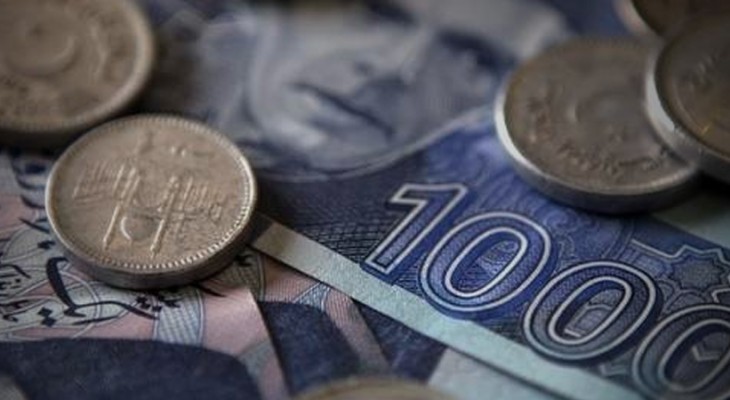OSAKA, Japan, December 22, 2025 – Shionogi & Co., Ltd. (Head Office: Osaka, Japan; Chief Executive Officer: Isao Teshirogi, Ph.D.; hereafter “Shionogi”) announced that its Board of Directors, at a meeting held on December 22, 2025, resolved to acquire a newly established company that Tanabe Pharma Corporation (Head Office: Osaka, Japan; Chief Executive Officer: Akihisa Harada; hereafter “Tanabe Pharma”) will create to hold the rights to RADICAVA ORS® (edaravone) and IV RADICAVA. Tanabe Pharma plans to form this new entity, and Shionogi intends to purchase 100% of its shares. The agreement between Shionogi and Tanabe Pharma was signed this afternoon. As part of the transaction, a new business company established by Tanabe for RADICAVA in the U.S. will become a wholly owned subsidiary of Shionogi Inc.
RADICAVA ORS is approved by the U.S. Food and Drug Administration (FDA) and other regulatory agencies around the world for the treatment of amyotrophic lateral sclerosis (ALS), a progressive neurodegenerative disease for which there is no cure and few treatment options. RADICAVA ORS, along with a previously available intravenous formulation, have been used to treat more than 20,000 people with ALS in the U.S. to date.
“We are pleased to welcome RADICAVA to Shionogi. This critically important medicine was created to reduce the devastating burden of ALS, and we are honored to assume responsibility for it and to sustain and grow the relationships Tanabe Pharma has established with the patient and healthcare communities in the U.S.,” said Isao Teshirogi, Ph.D., CEO of Shionogi. “We recognize the significant responsibility that comes with a widely utilized breakthrough medicine and will be conscientious stewards of this important drug.”
“We are very excited to welcome this team and outstanding medicine to our U.S. business. This planned acquisition will solidify our strategic focus in rare disease and immediately add capabilities to ensure long term success in this important category,” said Nathan McCutcheon, President and CEO, Shionogi Inc. “Going forward, this infrastructure will support future launches in rare disease including Shionogi’s development programs in Fragile X syndrome, Jordan’s Syndrome and Pompe disease.”
Purpose and Background of the Acquisition
Shionogi has identified “Contributing to a Healthy and Enriched Life” as a materiality (key issue) to address in order to create new value for customers and society. To realize a society where everyone can live vibrantly and true to themselves, we have designated disease areas with significant anticipated future unmet needs—classified as “high social impact QOL disorders” (such as sleep disorders, hearing loss, and rare diseases)—as priority areas for research and development, and we are advancing initiatives to deliver solutions.
Within the category of high social impact QOL disorders, Shionogi is establishing a presence in rare disease through existing research programs in Fragile X syndrome, Jordan’s syndrome and Pompe disease. In addition to potential early phase rare disease assets that recently became part of Shionogi’s pipeline,1 this acquisition creates the commercial infrastructure to accelerate delivery of new rare disease medicines once regulatory approvals are obtained.
Key Assets and Capabilities to Be Secured Through This Acquisition
- Acquisition of all rights, including global marketing rights for RADICAVA ORS® and IV RADICAVA
- Establishing a strong rare disease commercial platform in the U.S. market
- Integration of talent and business expertise in the rare disease area
Under this agreement, Shionogi will pay a lump sum of USD 2.5 billion to Tanabe Pharma through Shionogi Inc., upon completion of the procedures. Additionally, Shionogi may pay a royalty on future sales, subject to certain conditions. Going forward, the RADICAVA ORS® and IV RADICAVA business company will commence operations as a wholly owned subsidiary of Shionogi Inc.
1. Resolution Date of Board Meeting
December 22, 2025
2. Agreement Date
December 22, 2025
3. Target Closing Date
On or after April 1, 2026 (Scheduled)
4. Future Prospects
The impact of making this company a wholly owned subsidiary on Shionogi’s consolidated financial results for the fiscal year ending March 31, 2026 is expected to be immaterial.
Advisors
Cleary Gottlieb Steen & Hamilton LLP served as legal advisor to Shionogi. Centerview Partners LLC served as lead financial advisor and Ropes & Gray LLP served as legal advisor to Tanabe. Goldman Sachs also provided financial advice to Tanabe. Bank of America served as financial advisor to Bain Capital.
About RADICAVA ORS® (edaravone)
RADICAVA ORS received approval from the U.S. Food and Drug Administration (FDA) in 2022 for the treatment of amyotrophic lateral sclerosis (ALS), a progressive neurogenerative disease for which there is no cure and few treatment options. In 2024, FDA granted RADICAVA ORS Orphan Drug Exclusivity based on its major contribution to patient care by providing an oral suspension route of administration that avoids the burdens of IV administration. To date, in the U.S., RADICAVA ORS, along with the previously available intravenous formulation have been used to treat nearly 20,000 people with ALS.
Edaravone was discovered and developed for ALS by Mitsubishi Tanabe Pharma Corporation (MTPC) and commercialized in the U.S. by Mitsubishi Tanabe Pharma America, Inc. (MTPA). The MTPC group companies began researching ALS in 2001 through an iterative clinical platform over a 13-year period. In 2015, edaravone was approved as RADICUT® for the treatment of ALS in Japan and South Korea. Marketing authorizations were subsequently granted in Canada (October 2018), Switzerland (January 2019), Indonesia (July 2020), Thailand (April 2021), Malaysia (December 2021), Australia (February 2023) and Brazil (February 2024). Marketing authorization for RADICAVA® Oral Suspension was granted in Canada (November 2022) and Switzerland (May 2023), and RADICUT® Oral Suspension 2.1% was granted regulatory approval in Japan in December 2022.
【About ALS】
ALS (Amyotrophic Lateral Sclerosis) is a progressive neurodegenerative disease characterized by the selective degeneration and loss of motor neurons, leading to muscle weakness and respiratory impairment. After onset, muscle atrophy gradually progresses, and ultimately respiratory muscle paralysis severely impacts life expectancy. Globally, the annual incidence is estimated at approximately 1–2 cases per 100,000 population, making it a rare disease for which no fundamental cure currently exists.2 Multiple factors, including oxidative stress and glutamate-induced excitotoxicity, are involved in its pathophysiology, and treatment options to slow disease progression remain extremely limited. For this reason, ALS is recognized as a disease with a high level of unmet medical need, and the development and delivery of innovative therapies are strongly required.
About Tanabe Pharma America, Inc.
Based in Jersey City, N.J., Tanabe Pharma America, Inc. (TPA) is a wholly-owned subsidiary of Tanabe Pharma Corporation. It was established by Tanabe Pharma Corporation to develop and advance our pipeline as well as commercialize approved pharmaceutical products in North America. For more information, please visit https://us.tanabe-pharma.com or follow us on X (formerly Twitter), Facebook and LinkedIn.
About Tanabe Pharma Corporation, Inc.
Tanabe Pharma Corporation is one of the oldest pharmaceutical companies in the world, founded in 1678. Tanabe Pharma is headquartered in Doshomachi, Osaka, the birthplace of Japan’s pharmaceutical industry. Tanabe Pharma sets the MISSION of “Creating hope for all facing illness.” To that end, Tanabe Pharma is working on the disease areas of central nervous system, immuno-inflammation, diabetes and kidney, and cancer. Tanabe Pharma is focusing on “precision medicine” to provide drugs with high treatment satisfaction and additionally working to develop “around the pill solutions” to address specific patient concerns based on therapeutic medicine, including prevention of diseases, pre-symptomatic disease care, prevention of aggravation and prognosis. For more information, go to https://www.tanabe-pharma.com/en/index.html.
About Shionogi in Rare Disease
Shionogi is committed to the research and development of innovative medicines that address unmet medical needs for people worldwide. Rare diseases often have limited treatment options and affect the daily lives of individuals and families around the world. In the U.S., Shionogi is advancing clinical programs for rare diseases and disorders including Fragile X syndrome, Jordan’s Syndrome and Pompe disease. For more information, view our pipeline here: https://www.shionogi.com/us/en/innovation/pipeline.html.
About Shionogi & Co., Ltd.
Shionogi & Co., Ltd. is a leading global research-driven pharmaceutical company dedicated to bringing benefits to patients based on its corporate philosophy of “supplying the best possible medicine to protect the health and well-being of the patients we serve.” Shionogi has discovered and developed novel antibiotics, medicines for HIV and influenza, and currently markets medicines for infectious diseases and central nervous system disorders. Shionogi’s global pipeline includes research programs in infectious disease, pain/CNS, metabolic disorders, rare disease, oncology and stroke. For more information, visit https://www.shionogi.com/global/en.
References
1. Press Release: December 1, 2025:
Notice regarding Completion of Succession of Japan Tobacco Inc.’s Pharmaceutical Business through Simplified Absorption-Type Company Split
2. Xu, et al. Global variation in prevalence and incidence of amyotrophic lateral sclerosis: a systematic review and meta-analysis. J Neurol. 2020 Apr;267(4):944-953. DOI: 10.1007/s00415-019-09652-y
Forward-Looking Statements
This announcement contains forward-looking statements. These statements are based on expectations in light of the information currently available, assumptions that are subject to risks and uncertainties which could cause actual results to differ materially from these statements. Risks and uncertainties include general domestic and international economic conditions such as general industry and market conditions, and changes of interest rate and currency exchange rate. These risks and uncertainties particularly apply with respect to product-related forward-looking statements. Product risks and uncertainties include, but are not limited to, completion and discontinuation of clinical trials; obtaining regulatory approvals; claims and concerns about product safety and efficacy; technological advances; adverse outcome of important litigation; domestic and foreign healthcare reforms and changes of laws and regulations. Also for existing products, there are manufacturing and marketing risks, which include, but are not limited to, inability to build production capacity to meet demand, lack of availability of raw materials and entry of competitive products. The company disclaims any intention or obligation to update or revise any forward-looking statements whether as a result of new information, future events or otherwise.
For Further Information, Contact:
SHIONOGI Website Inquiry Form: https://www.shionogi.com/global/en/contact.html
Shionogi Inc.: ShionogiCommunications@shionogi.com
Shionogi Europe Press Office: pressoffice@shionogi.eu






